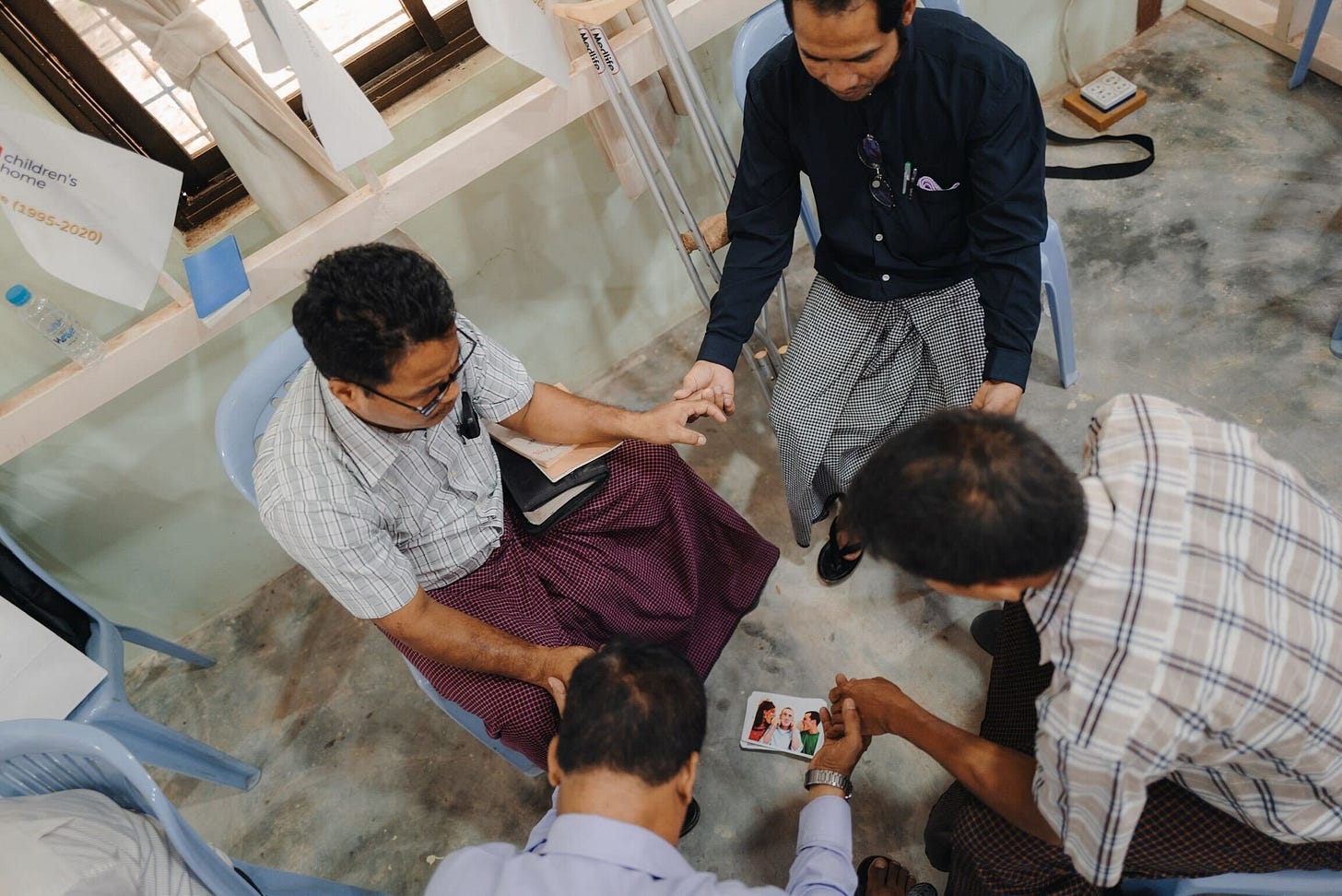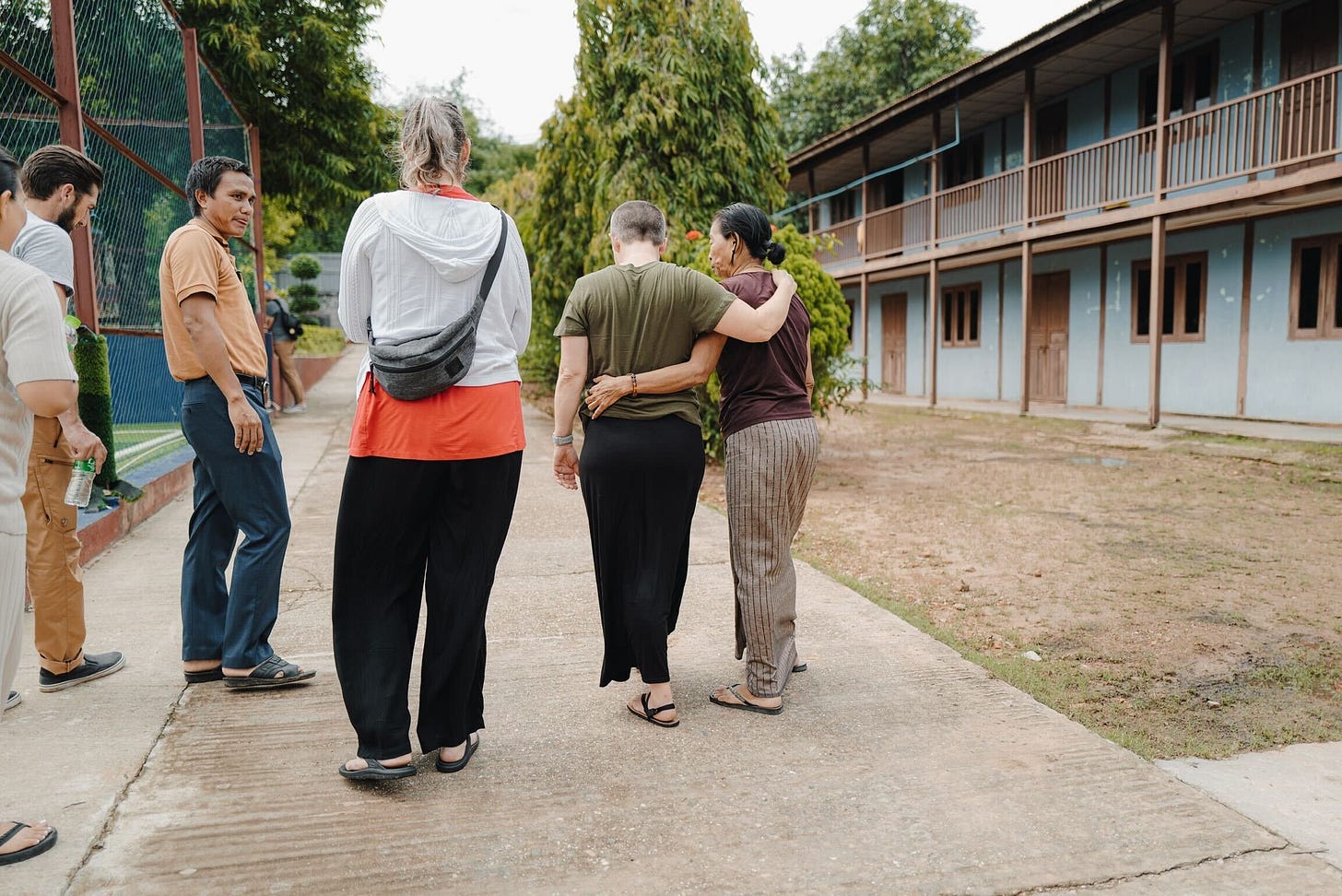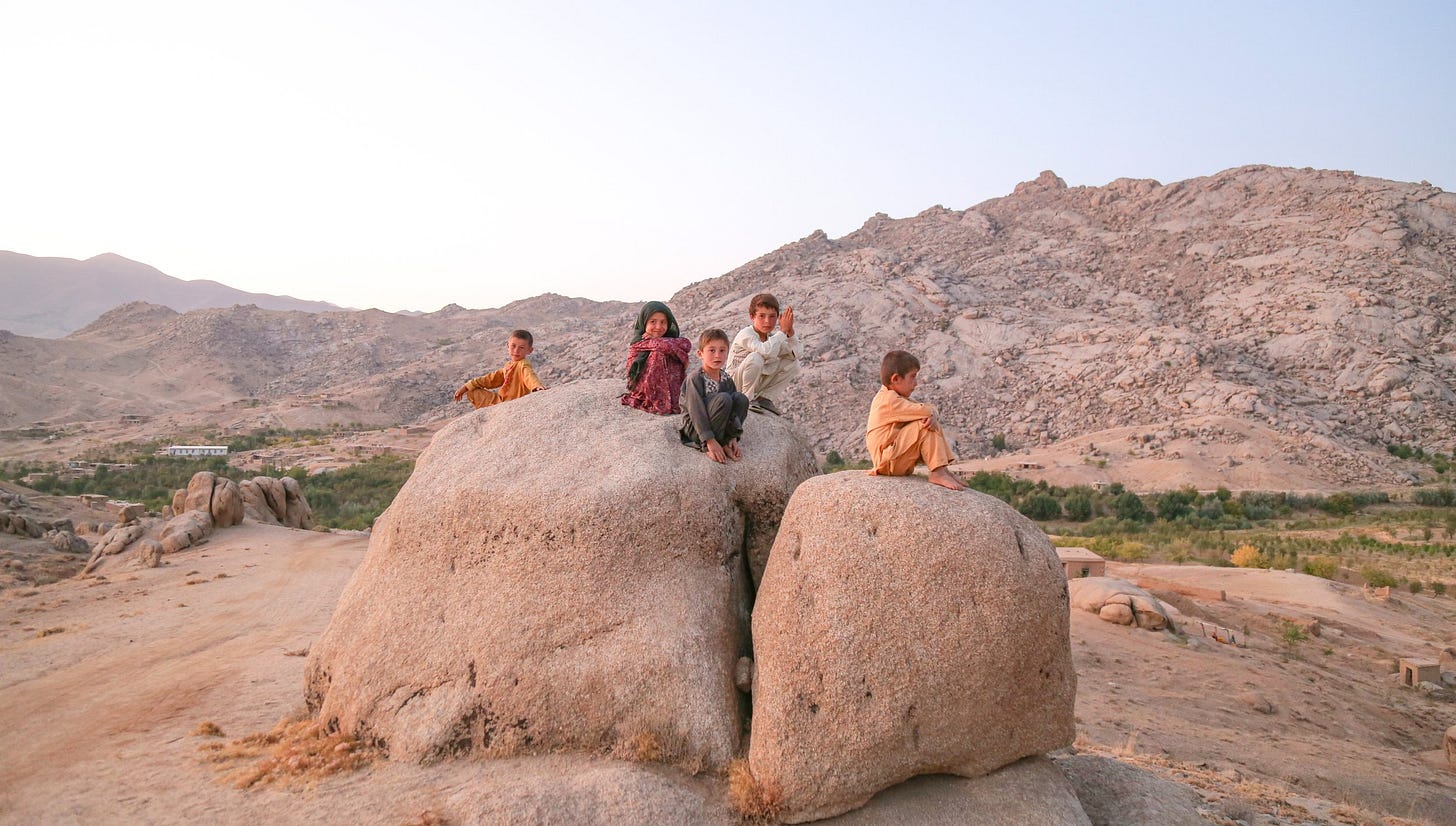At Outpost, we believe mission partnerships should be rooted in relational trust, theological alignment, and missional clarity. This guide is designed to help you prayerfully and thoughtfully walk through a multi-step discernment process as you explore potential partnerships.
This is not a checklist to rush through—it’s a conversation built on mutual respect and a shared desire to see the global Church flourish.
🧭 Step 1: Initial Inquiry – Discovery Call
The first step in discerning a possible partnership is a short discovery call (no more than 30 minutes). This call is relational in tone and exploratory in nature—it’s your chance to learn about the organization's identity, focus, and posture. These basic questions will help you surface early alignment and decide whether to take the next step.
Helpful Questions:
What is your organization called, and who leads it?
What is the best way to stay in touch (email/phone)?
Where are you working in the world?
Can you share your website or any materials that help tell your story?
In one or two sentences, how would you describe your mission?
What’s your general strategy for pursuing that mission?
Where are you currently seeing momentum or traction?
What’s something that makes your work distinct or unique?
What kind of partners are you most drawn to or helped by?
How do you currently engage volunteers or short-term teams?
What do you hope a good partnership could make possible?
If this conversation points toward alignment, we recommend inviting them into a longer, deeper conversation.
🧠 Step 2: Conversation of Discernment
Digging deeper into the story, mission, and vision
This longer conversation (30–60 minutes) builds on the initial inquiry. We call this a conversation of discernment because it’s less about making a final decision and more about deepening mutual understanding. Think of this as a time to explore shared values, strengths, and dreams.
About Their Work:
What’s your origin story? How did this work begin?
How would you describe your community or the people you serve?
If all barriers were removed, what are 2–3 initiatives you’d pursue?
What are you most excited about right now?
What challenges are holding your team back from greater impact?
What do you believe “success” looks like in your context?
How do you involve the local church or local community in your work?
In what ways do you weave together physical service and spiritual formation?
About Partnership:
Why are you interested in partnering with someone like Outpost?
What has been your experience (good or bad) with hosting teams?
What kinds of teams work best for you?
What preparation do you expect from teams before they arrive?
How do you handle safety, emergencies, and logistics?
How do teams typically interact with the community you serve?
Could you share a sample itinerary or past team experience?
⚔️ Step 3: Leadership Conversation
A stewardship conversation—not an interrogation
If there’s ongoing relational momentum and alignment, it’s time to explore leadership health and organizational structure. This can happen as part of the same call as Step 2 or be scheduled separately. Set the tone by saying, “This next step is a stewardship conversation. We want to understand your heart, structure, and challenges so we can better walk alongside you if we move forward.”
Leadership + Calling
What’s your personal journey into this work?
What gives you joy in this role?
How is your leadership team structured?
What’s the spiritual and emotional health of your core staff?
Mission in Motion
What does a normal month or season look like for your team?
How do you stay focused and not get distracted by “good” opportunities?
What role does prayer, discernment, or Scripture play in your planning?
Health + Effectiveness
What are your biggest strengths as a team and as a ministry?
What are the areas where you feel stretched, weak, or unsure?
How do you discern and prioritize the needs of those you serve?
How do you evaluate whether a program or effort is fruitful?
What systems or rhythms keep you from burning out?
Governance + Support
Who helps you carry the weight of this mission (board, mentors, donors)?
How often do you connect with your board or advisory circle?
Where do you wish you had more support or clarity?
Financial Health
What is your annual operating budget?
How are you currently funded (rough percentages from individuals, churches, foundations)?
What percentage of your giving goes to direct ministry vs admin?
If available, can you share your most recent 990s?
✈️ Step 4: Field Visit
Seeing the work firsthand and listening deeply
If a partner seems like a strong match, we recommend a field visit—an in-person experience that allows you to listen, observe, and discern. This is not a performance review. It’s a chance to see their culture, their context, and their community up close.
Key Observations:
What was the relational chemistry like between your team and theirs?
How did their team demonstrate a healthy, unified culture?
In what ways was the mission being fulfilled on the ground?
How does their strategy integrate both physical help and spiritual renewal?
How do they empower the local church or local leaders?
What did you observe about team safety, logistics, and housing?
Were the staff transparent about challenges and gaps?
How are they equipping or discipling those they serve toward long-term sustainability?
Where might your church, team, or supporters find value in this work?
Are they prepared to receive teams again? Where do they need help?
✅ Final Discernment
After the discovery call, discernment conversation, and (if possible) field visit, you should have a clear picture of whether this partner is aligned with Outpost’s mission and values.
Discernment Ratings (1–10):
Organizational Alignment with Outpost
Field Visit Experience
Desire to Return with a Team
Fit for Adult Teams
Fit for Student Teams
Final Recommendation:
Do we move forward with this partnership?
If yes, what next steps should we take?
What support or collaboration would make this relationship healthy and sustainable?
📝 Addendum: Beta Team Reflection Tool
(To be completed after a team visits the partner in person)
If a pilot trip or beta team serves with this organization, send them this reflection tool to gather feedback.
Relational Fit:
Did the team connect naturally with the local leaders and staff?
Did the organization demonstrate spiritual maturity and hospitality?
Mission Clarity:
Was the vision clear? Did it match the experience on the ground?
Did the staff seem to embody the mission?
Team Value:
How did the team meaningfully contribute to the mission?
How well was your time structured and stewarded?
Team Logistics + Safety:
How were housing, meals, and water quality?
Were safety protocols clear? Would you feel comfortable sending a student team?
Were translators needed/provided?
How did the community receive and engage with the team?
Trip Consistency:
Was the pre-trip vision consistent with the actual experience?
What did the team learn about the culture or region that should inform future trips?







